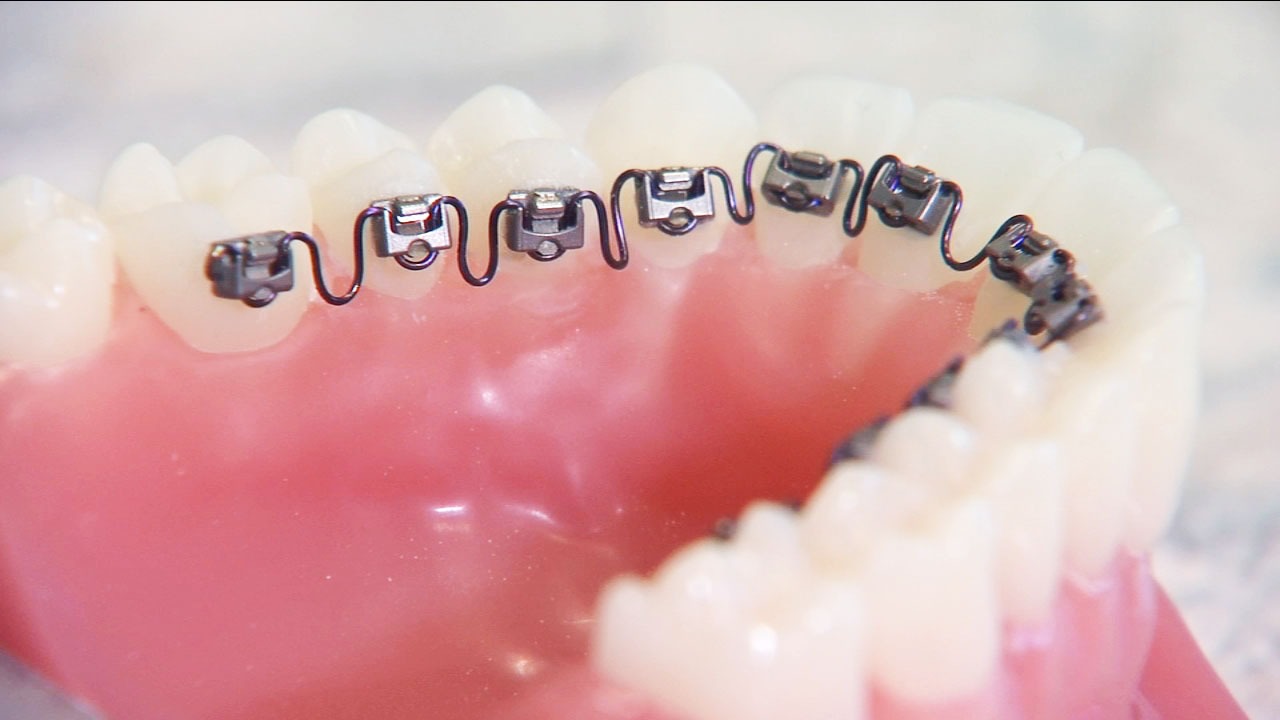When it comes to achieving a perfect smile, braces are one of the most effective tools available. However, many people wonder, what is the best age for teeth braces? Choosing the right age can significantly impact the efficiency and speed of treatment. In this article, we’ll explore the ideal timing for braces, the benefits of early intervention, and tips to ensure the treatment progresses as quickly as possible.
Understanding How Braces Work
Braces function by applying consistent pressure on the teeth, gradually moving them into the desired position. This process involves adjustments to the bone structure and requires time for effective results. Factors such as age, dental health, and adherence to orthodontist recommendations play crucial roles in determining how quickly braces can deliver the desired outcome.
What is the Best Age for Teeth Braces?
Orthodontists generally recommend that children undergo their first orthodontic evaluation around age 7. While braces aren’t typically applied at this age, this early consultation allows the orthodontist to identify potential issues, such as misaligned jaws or overcrowded teeth.
The Ideal Age Range
- Ages 9-14: This is often considered the best time for braces. During this period, children’s mouths are still developing, making teeth easier to guide into their proper positions. Additionally, most permanent teeth have erupted by this age, providing a clear framework for orthodontic adjustments.
- Teenagers and Young Adults: While the optimal age is during pre-adolescence, many teenagers and young adults can still benefit significantly from braces. The process may take slightly longer than in younger patients due to fully developed bones, but advancements in orthodontic technology ensure excellent outcomes.
- Adults: Adults can also achieve a perfect smile with braces, although treatment may take longer. Clear aligners and ceramic braces are popular choices for those seeking discreet options.
Benefits of Starting Braces at the Right Age
- Faster Treatment Times: Younger patients often experience shorter treatment durations because their bones are still growing and more adaptable.
- Prevention of Future Issues: Early intervention can prevent more severe problems, such as impacted teeth or jaw misalignment, that might require surgery later.
- Improved Confidence: Addressing orthodontic issues during adolescence can boost self-esteem and confidence during critical developmental years.
Tips to Make Braces Work Faster
- Follow Your Orthodontist’s Instructions: Adhering to guidelines, such as avoiding certain foods and wearing rubber bands as directed, can significantly speed up treatment.
- Maintain Excellent Oral Hygiene: Keeping your teeth clean prevents complications like cavities and gum disease, which can delay progress.
- Opt for Modern Orthodontic Technology: Advances like self-ligating braces and accelerated orthodontic devices can reduce treatment times.
- Attend Regular Adjustments: Skipping appointments can slow down your progress. Make sure to see your orthodontist as scheduled.
- Be Patient and Consistent: While the process takes time, consistency in following recommendations will lead to faster, more effective results.
Post-Treatment Care
Once braces are removed, retainers play a crucial role in maintaining your new smile. Without a retainer, teeth may shift back to their original positions, undoing the hard work of braces. Wearing your retainer as instructed ensures long-lasting results.
Key Tips for Retainer Care:
- Keep your retainer clean by brushing it daily.
- Store it in its case when not in use to avoid damage.
- Replace it if it becomes worn or doesn’t fit properly.
Common Concerns About Braces
- Does Age Affect Pain Levels? Pain levels are generally similar across age groups, but younger patients may adapt more quickly due to the flexibility of their developing bones.
- Are Braces Expensive? Costs vary depending on the type of braces and the duration of treatment. Many orthodontists offer payment plans to make braces more affordable.
- Can I Speed Up the Process? While there are no shortcuts, following your orthodontist’s advice and using tools like accelerated orthodontic devices can help.
Conclusion
Choosing the right age for braces can make a significant difference in the speed and effectiveness of treatment. What is the best age for teeth braces? For most individuals, the pre-teen and early teenage years are ideal. By starting treatment during this window, patients can enjoy faster results and prevent more complicated issues down the road.
To ensure the best outcome, work closely with your orthodontist, maintain excellent oral hygiene, and follow all treatment recommendations. Whether you’re a parent considering braces for your child or an adult exploring orthodontic options, it’s never too late to achieve the smile you’ve always wanted. Take the first step today by scheduling a consultation with a trusted orthodontist.









